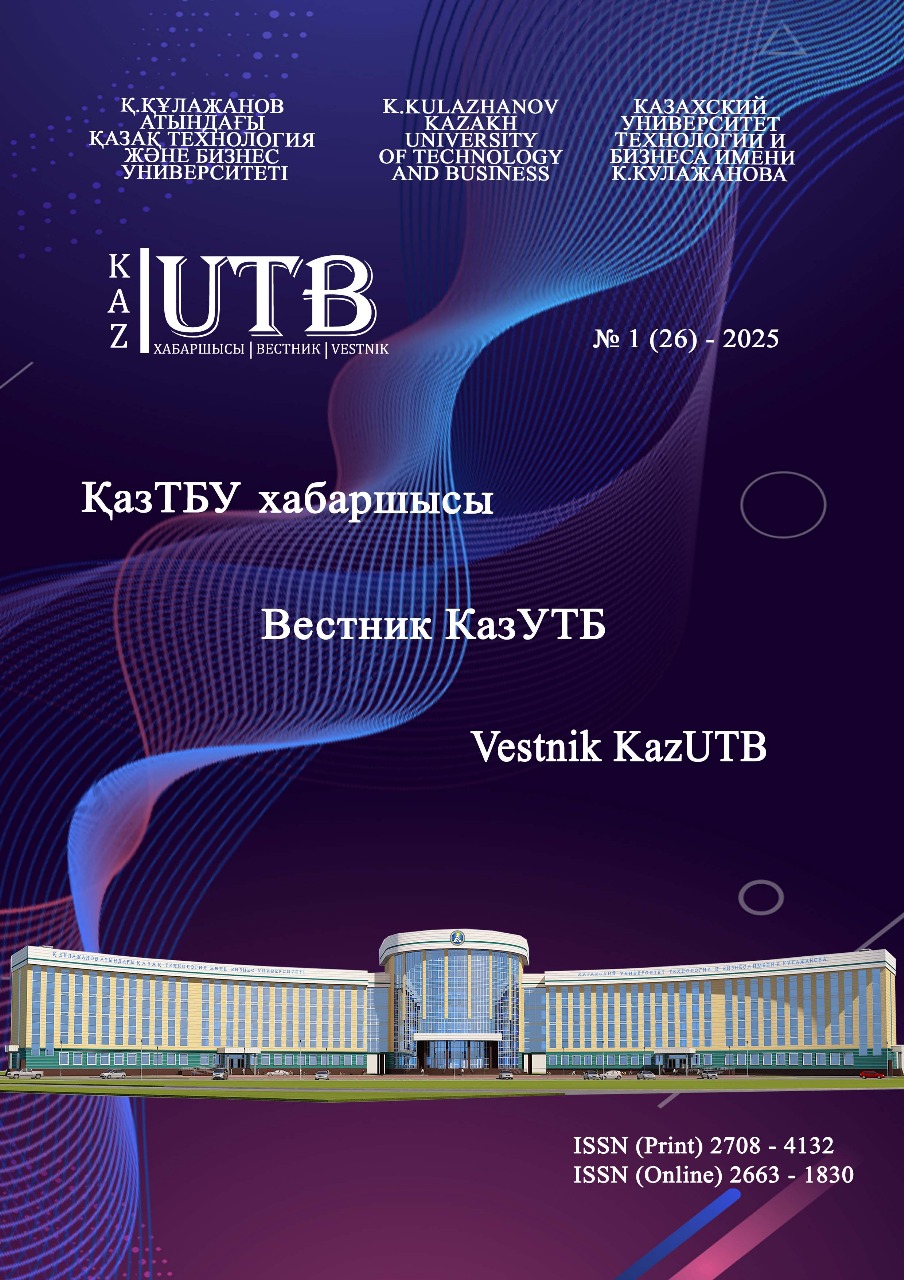Меню


Economy, business and services
No. 1 (26) - 2025 / 2025-03-31 / Number of views: 123
CHALLENGES AND OPPORTUNITIES IN MANAGING SMART CITY PROJECTS: A CASE STUDY OF KAZAKHSTAN'S URBAN TRANSFORMATION
Authors
Keywords
smart cities, project management, urban transformation, Kazakhstan, sustainable development, governance models, technological innovation, stakeholder collaboration, public-private partnerships
Link to DOI:
How to quote
Abstract
The article discusses the problems and opportunities of introducing smart city technologies in Kazakhstan through the prism of project management. Key aspects such as infrastructure quality, sustainable development, data protection, citizen participation, government support and the introduction of innovative technologies are analyzed. Examples of successful projects in Kazakhstan, such as transport and lighting management systems, as well as the experience of international practices, including Singapore and Germany, are given.
The study highlights the importance of integrating sustainable solutions, reducing digital inequality, and ensuring citizen participation in digitalization processes. In addition, the need to adapt international models of project management to the socio-economic and cultural characteristics of Kazakhstan is noted. Quantitative and qualitative analysis methods are used, including surveys, expert interviews and data visualization, which allows us to identify the interrelationships between various aspects of the implementation of smart city projects.
The practical significance of the article lies in the development of recommendations for public and private organizations aimed at improving the effectiveness of stakeholder interaction, stimulating citizen participation in digital transformation and creating conditions for sustainable urban development. The findings of the study can serve as a basis for strategic planning and decision-making in the field of smart city project management in Kazakhstan.




